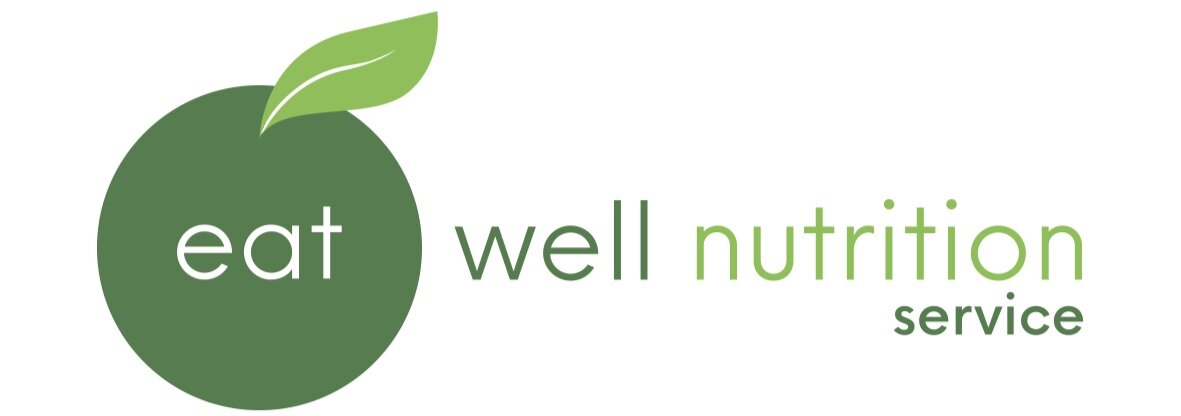Catering for Residents from Culturally Diverse Backgrounds
As the current population ages, we are seeing increasing cultural diversity in the older population. By 2021 more than 30% of Australia’s older population will have been born outside of Australia. An expected outcome of the quality and accreditation standards is that providers meet the needs and preferences of residents with special needs and this includes those from CALD backgrounds. Helping residents to maintain their traditional eating patterns in accordance with their religious and cultural beliefs is an important way to meet these needs and preferences.
Generalising the customs and preferences of residents from different cultural groups should be avoided. The customs of people from the same country or background may vary considerably depending on the region they grew up in, their levels of education and their socioeconomic status. Whilst some residents may wish to continue the food habits and dietary customs from their country of origin, others may have lived in Australia for most of their lives and have adopted more Australian ways of eating. Some residents with dementia may revert back to eating the way they did when they were younger.
From a food service perspective, providing meals for a culturally diverse group of residents can be a challenge. Whilst many facilities try to include some diverse dishes on the menu, unless the flavours are authentic they may not be accepted by the residents. Chefs should consider getting advice from relatives or community groups on how to prepare traditional meals. Facilities who only have a small number of CALD residents may find it more time and cost effective to buy in some or all of their culturally appropriate meals from an external provider. On occasion the resident may wish to cook a meal for themselves, with assistance relatives or volunteers from local cultural groups if required. The recreation team may also wish to plan regular outings to local restaurants for a meal or arrange for food to be delivered for residents on special occasions.
Religious and Cultural Beliefs
It is important for staff to have an awareness of the cultural and religious significance of certain foods and what foods maybe considered holy or not allowed. For example Jewish residents may wish to only consume Kosher meats which undergo a special ritual and butchering procedures. They may also avoid all pork, pork products and shellfish which are viewed as unclean and not to be eaten.
Many different cultures and religions have special days and celebrations where food is important. Identifying these times and trying to accommodate some is an excellent way to meet the cultural and spiritual needs of the residents. Especially if family, friends and other community members can be invited to join in.
Similarly many of the world’s religions observe the practise of fasting, for example during the month of Ramadan, Muslims will completely abstain from food and fluid from dawn until dusk. However the very elderly, frail and disabled are often exempt from fasting due to the detrimental affect it may have on their health.
Ideas to maximise enjoyment of food for residents from culturally diverse backgrounds
Discuss the resident’s likes, dislikes and dietary customs in detail with the resident and their relatives on admission. If the resident does not speak English and family are not available consider using an interpreter
Check how strictly the resident follows the customs or beliefs of their background. E.g. The resident may identify as vegetarian but what does this really mean?
Offer meals served in a bowl instead of on a plate
Offer different eating utensils such as chopsticks or a spoon instead of a knife and fork
Some residents may prefer to use their hands for eating, if so offer a bowl of water and a towel with meals
Provide a range of traditional condiments at meal times e.g. salt, pepper, tomato sauce, soy sauce, fish sauce, chilli, tobasco sauce, olive oil, vinegar and salad dressings.
Compile a list of foods and drinks most commonly consumed by different cultural groups
Don’t forget to include snack foods and beverage preferences for mid meal snacks e.g Italian or Greek pastries and biscuits, Asian sweets, Turkish coffee
Ask residents or family members to provide recipes for resident’s favourite dishes
Encourage family to bring in traditional meals and drinks for residents from time to time
Encourage the recreation team to include different cultural activities and celebration days in their calendar
Present menus in the preferred language of the residents where possible
